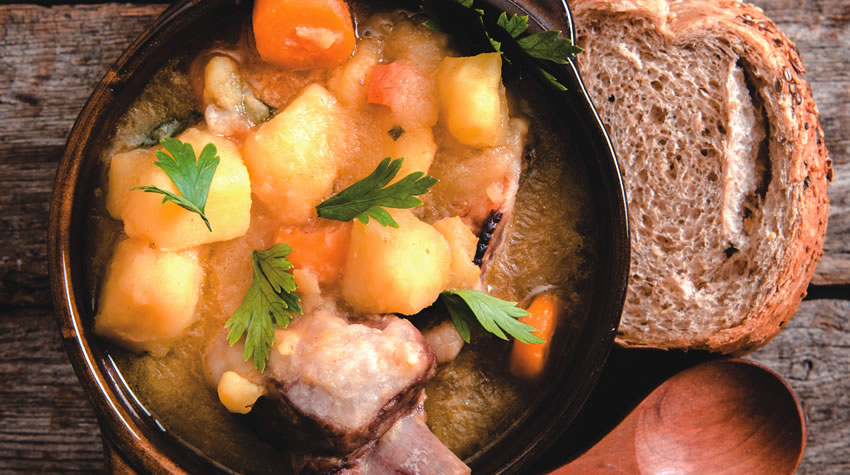Appetite Changes Can Be Tough to Swallow
Tips for good nutrition when you don’t want to eat
Contributed by Nancy Burke, R.D., Danielle Karsies, M.S., R.D., CSO, and Melissa Shannon-Hagen, R.D., CSO, U-M Rogel Cancer Center Symptom Management and Supportive Care Program

Eating is an enjoyable experience for many people, so it can come as a surprise during cancer treatment when your favorite foods suddenly have no appeal. Changes in taste and appetite can occur for many reasons, including:
- Depression
- Stress
- Nausea
- Mouth sores
- Food tastes different or metallic
When cancer treatment takes the pleasure out of eating food, we turn to the importance of fueling our bodies during a time it needs it most. Different types of food provide different nutrients our bodies need.
For example, protein is an essential nutrient for healing tissue and maintaining the immune system, as well as for tissue growth. It helps you maintain muscle mass, a factor that leads to healing more quickly. Adding calories from carbohydrates and fat gives you strength to power through treatment and ensures that protein is best used by the body.
Tips to get fuel when you don’t feel like eating:
- Add cheese to sandwiches and entrees for extra protein
- Sprinkle nuts over cereal, salads or vegetables as a crunchy topping
- Cook vegetables in olive oil
- Turn fruit into smoothies
- Try whole wheat pasta with cream sauce for carbs and fat
- Try nutritional supplements like Boost or Ensure for extra calories
Tips to keep eating when you’re experiencing these side effects:
Dry mouth: drink fluids, choose moist and soft foods, avoid spicy foods
Sore mouth: avoid dry, crunchy, citrus, spicy or salty foods; choose lukewarm or cool foods; cut into small pieces; moisten with sauce, gravy or milk
Food tastes bad: use plastic utensils to reduce metallic taste, rinse your mouth with a baking soda/saltwater mix before eating, add salt or sugar to improve taste
Difficulty chewing: choose soft foods, drink protein-rich smoothies and shakes, cut food into small pieces
Think of good nutrition as an important part of your cancer treatment. The food you eat is going to get you through from the beginning to the end of treatment.
Continue reading the Fall, 2018 issue of Thrive
